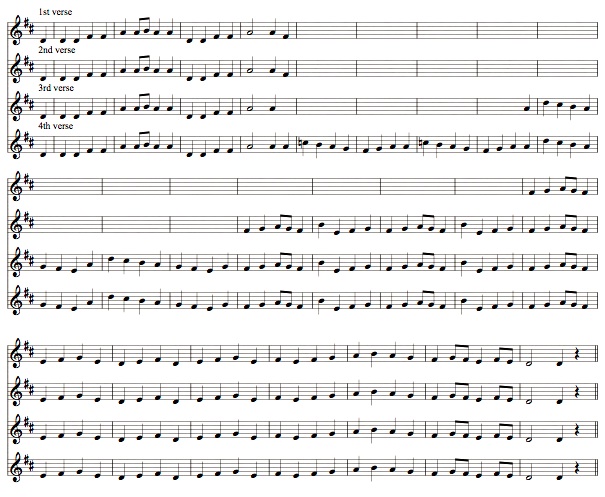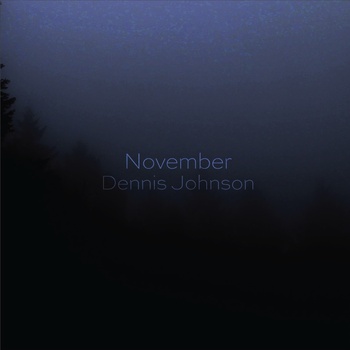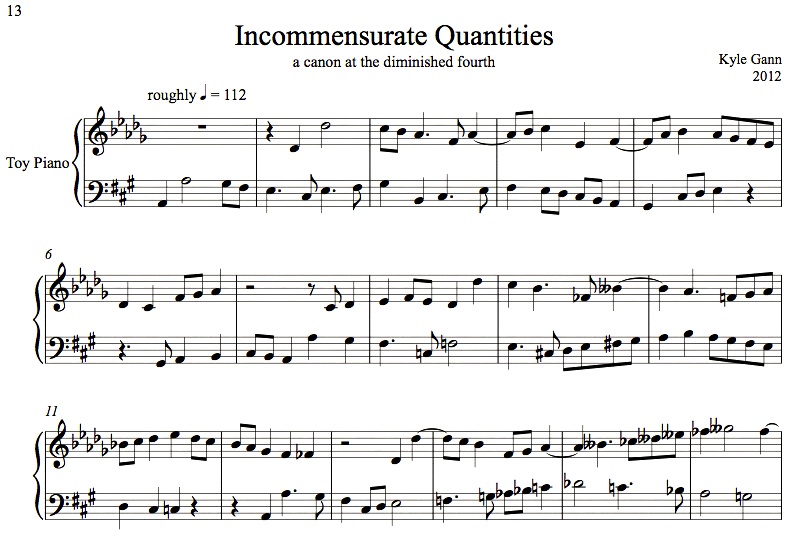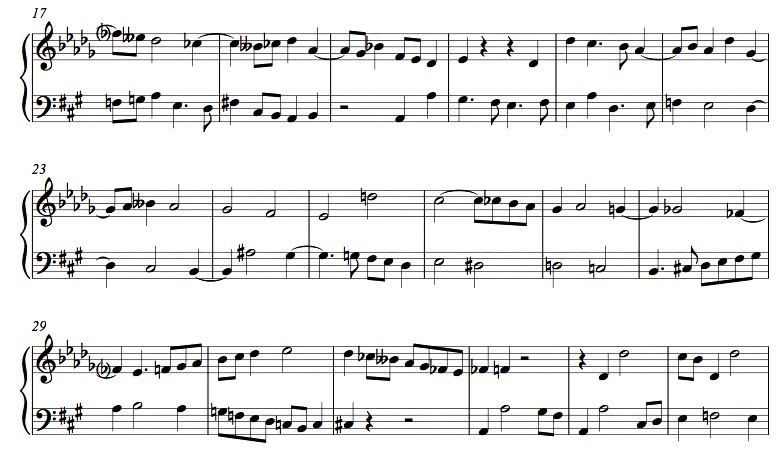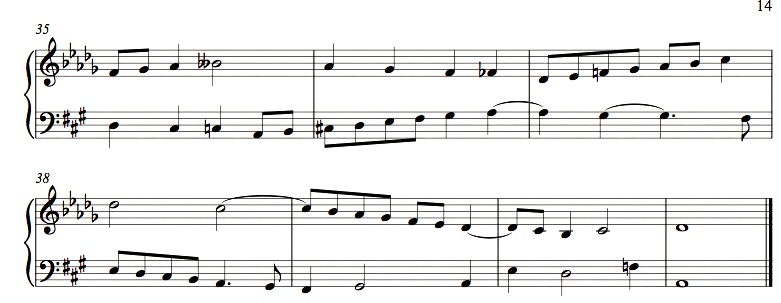This time of year I am always preoccupied with getting the students whose senior projects I supervise graduated, and though I am teaching less, I have more seniors (six) than usual (one to three is what most Bard faculty have). In addition to that, this year for the first time, as chair of the arts division I am trying to corral our arts faculty into all the necessary committee slots for next year. The number of committee positions that require tenured faculty is just barely smaller than the number of tenured faculty, and so what with the normal run of sabbaticals and leaves of absence, it takes weeks of strategizing and negotiating to satisfy the demands of the faculty handbook; the dreaded faculty evaluation committee I still have yet to work out (and why it’s so dreaded is beyond me; as a former critic I guess I’ve never blinked at evaluating my peers). As at most schools these days, Bard’s untenured-to-tenured professor ratio seems to creep upward annually, especially in the arts, and the administrative squeeze gets ever tighter.
All this is to explain how I missed commenting on the world premiere of one of my compositions last night. The Eclipse Quartet played Love Scene, my just-intonation string quartet, at Microfest 2013 in Pasadena. The title comes from the fact that the piece is a string quartet version of a brief romantic scene from my as-yet-unperformed microtonal opera The Watermelon Cargo. The piece is ten years old now, and I am grateful to John Schneider for finally getting it a hearing, and to the Eclipse ladies for playing it. I had been looking forward to it, but I was heavily responsible for a complicated senior concert this week, and May 4 came and went before I noticed the calendar. I forget these days that I am, or was, a composer.

